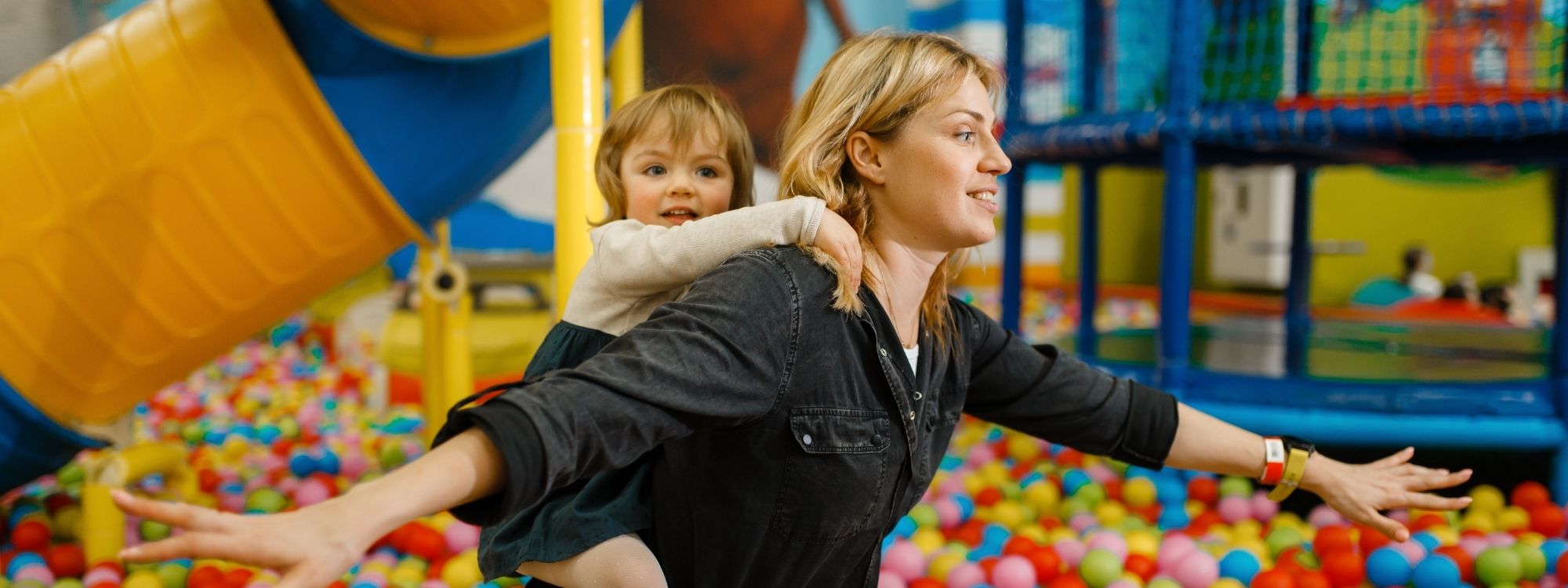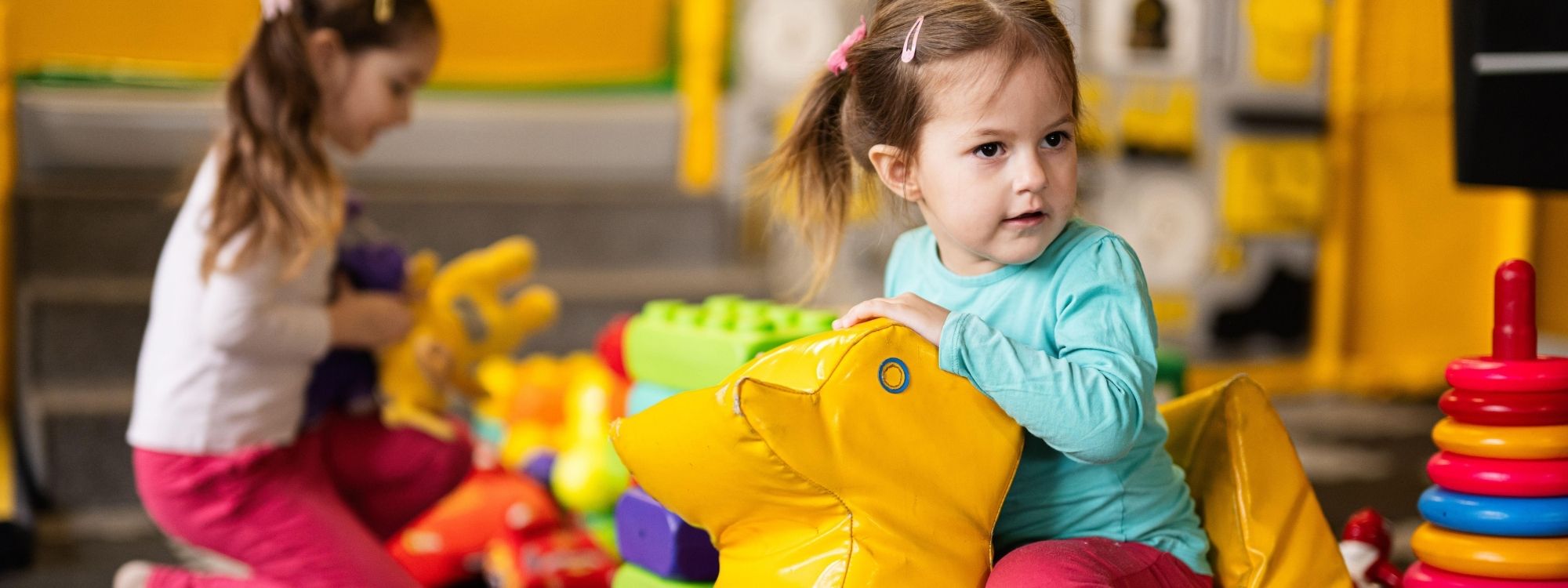Effective Early Intervention Strategies for Autism Spectrum Disorder
When parents first hear the words autism spectrum disorder applied to their child, one of the first questions is, What can we do right now? The earliest years of life are a time of rapid brain development, and research shows that starting therapy during this stage can make a profound difference. That’s why so many families look for early intervention strategies for autism. These evidence-based approaches help children build communication, social, and learning skills through early intervention programs as early as possible.
In Connecticut, Massachusetts, and Colorado, Champions ABA provides comprehensive early intervention services designed around each child’s unique needs. From diagnostic evaluations to individualized ABA therapy and parent training, our Board Certified Behavior Analysts (BCBAs) and trained behavior technicians partner with families to create personalized treatment plans that support growth at home, in school, and in the community.
What Is Early Intervention for Autism?
Early intervention for autism refers to therapies and strategies introduced in the first years of life for young children with autism. Typically, before age three, to address developmental delays and teach new skills. These strategies are evidence-based and designed to support a child’s communication, social interaction, and behavior at a stage when the brain is most adaptable.
The National Institute of Child Health and Human Development notes that early intervention can significantly improve positive outcomes., particularly in areas like language development, social skills, and independence. Common services may include Applied Behavior Analysis (ABA), speech therapy, occupational therapy, and family training.
At Champions ABA, diagnostic evaluations are the first step to identify each child’s unique profile, allowing our team to create individualized treatment plans that target core developmental needs.
Why Early Intervention Matters
Decades of research have shown that children who receive therapy early often make faster progress compared to those who start later. A controlled trial published by the National Institutes of Health found that children who began intervention before preschool age demonstrated greater improvements in IQ, language skills, and adaptive behavior.. Early therapy can also reduce the intensity of future challenges and prepare children for successful integration into school environments.
Parents in Connecticut, Massachusetts, and Colorado often notice that early services help their children improve their communication skills more effectively, build friendships, and manage behavioral challenges with greater ease. Beyond skills, early intervention also builds confidence for both children and their families by turning uncertainty into a clear, structured plan.
Proven Early Intervention Strategies for Autism
There is no single program that works for every child, but several approaches are supported by scientific evidence and widely recommended by health care professionals.
Applied Behavior Analysis (ABA)
ABA is one of the most effective therapy models for autism, using structured teaching and positive reinforcement to encourage appropriate behavior among children. BCBAs design individualized programs, while behavior technicians work directly with children to build new skills in manageable steps.
Speech and Language Therapy
Language is central to learning and connection. Speech therapy helps children develop the ability to express themselves, understand others, and use tools such as the Picture Exchange Communication System (PECS) or sign language if necessary.
Occupational Therapy
Occupational therapy focuses on fine motor skills, sensory regulation, and daily living skills like dressing, feeding, and handwriting. It supports independence and prepares children for classroom structure.
Play-Based and Social Skills Training
Through play, children learn symbolic play, imitation, and social interaction. Structured peer activities foster friendships and help children practice social skills, eye contact, and turn-taking.
Parent-Mediated Interventions
Parents play a crucial role in therapy. Parent training ensures strategies extend beyond the clinic, embedding learning into routines at home, in school, and in the community.
These strategies are most effective when combined into a comprehensive, individualized program for children with developmental disorders. Champions ABA specializes in creating treatment plans that integrate these methods, ensuring every child receives the right mix of services.
Early Intervention Activities Parents Can Use at Home
Professional therapy is essential, but progress accelerates when parents practice skills at home. Simple activities can reinforce what children learn in sessions while strengthening parent-child bonds.
Some examples include:
- Imitation games: Copying actions or sounds helps develop communication and attention.
- Joint attention activities: Pointing out and labeling objects, then encouraging children to respond.
- Sensory play: Using textures, music, or water play to improve regulation and engagement.
- Routine-based learning: Turning daily tasks like setting the table into opportunities for skill-building.
- Social interaction practice: Structured playdates or family games that encourage turn-taking.
These activities are most powerful when guided by professional input. Champions ABA’s parent training services give families the tools they need to implement strategies effectively, ensuring therapy continues seamlessly across natural settings.
How to Start Early Intervention (Step-by-Step Guide)
Many parents want to act quickly but are unsure where to begin. The following pathway offers a clear starting point:
- Recognize early signs of autism or developmental delays, such as limited eye contact, delayed speech, or repetitive behaviors.
- Schedule a diagnostic evaluation with qualified professionals. Champions ABA provides evaluations in Connecticut, Massachusetts, and Colorado.
- Review therapy options, including ABA, speech therapy, occupational therapy, and blended approaches.
- Develop an individualized treatment plan with measurable goals set by a BCBA.
- Track progress and update regularly, ensuring interventions evolve with the child’s development.
| Starting Early | Waiting to Start Later |
|---|---|
| Faster progress in communication and social interaction | Slower adaptation to school environments |
| Reduced behavioral challenges | Higher risk of problem behaviors persisting |
| Stronger parent confidence and training | Parents may feel unprepared |
Schedule your child’s evaluation with Champions ABA today to begin early intervention and take advantage of this critical developmental window.
Measuring Progress in Early Intervention
Monitoring progress is as important as starting therapy. Children’s goals related to their behavior should be specific, measurable, and reviewed frequently.. BCBAs collect data during every session, adjusting strategies as needed. Parents are also encouraged to provide feedback and participate in reassessments.
Progress is tracked across domains like language, fine motor skills, social interaction, and daily living activities. For example, a child who initially struggles with eye contact may, after consistent therapy, initiate shared play or follow multi-step instructions.
At Champions ABA, progress tracking is integrated across settings, home, school, and center so that skills are consistently reinforced and children generalize learning to real-life situations.
Why Families Choose Champions ABA for Early Intervention
Families turn to Champions ABA because of our whole-child approach. Unlike programs that rely on rigid, one-size-fits-all methods, we design treatment around each child’s abilities, family dynamics, and long-term goals.
Our teams collaborate with schools, pediatricians, and community programs to ensure children receive seamless support. Parents are trained, empowered, and supported at every step, making them an essential part of the therapy team.
One family in Massachusetts shared that after just six months of therapy, their child showed dramatic progress in language development and socialization. With individualized support and a combination of ABA and parent training, the child was able to transition into preschool with confidence.
Conclusion
Early intervention is one of the most powerful tools available to support young children with autism spectrum disorder.. By starting therapies early, families can help children build essential skills, reduce behavioral challenges, and prepare for school and community life.
At Champions ABA, we bring together ABA therapy, parent training, and diagnostic evaluations to deliver early intervention strategies that are effective, measurable, and personalized. Families in Connecticut, Massachusetts, and Colorado can rely on our team to provide structured support across homes, centers, and communities. Contact Champions ABA today to schedule a diagnostic evaluation and begin early intervention strategies that help your child thrive.
FAQs
What are the three forms of early intervention for autism?
The most common forms include behavioral therapies like ABA, developmental approaches such as the Early Start Denver Model, and educational or speech and occupational therapies. Many children benefit from a combination of these to target communication, social, and daily living skills.
What is the most effective intervention for autism?
ABA therapy is the most widely researched and effective approach, supported by decades of scientific evidence. However, the best intervention is individualized and may combine ABA with speech therapy, occupational therapy, and physical skills training for maximum impact. Champions ABA specializes in creating tailored programs that fit each child.
What are the coping strategies for autism?
Coping strategies can include sensory regulation activities, social stories, visual schedules, and structured routines. These strategies help children manage anxiety, transitions, and behavioral challenges. Champions ABA trains parents in these methods so families can use them daily.
What is the best way to help an autistic child?
The best way is through early, evidence-based intervention combined with family support. Professional therapies build communication, social, and adaptive skills, while parent involvement ensures progress continues at home and in the community. To get started, you can schedule a diagnostic evaluation with Champions ABA to design the right plan for your child.



